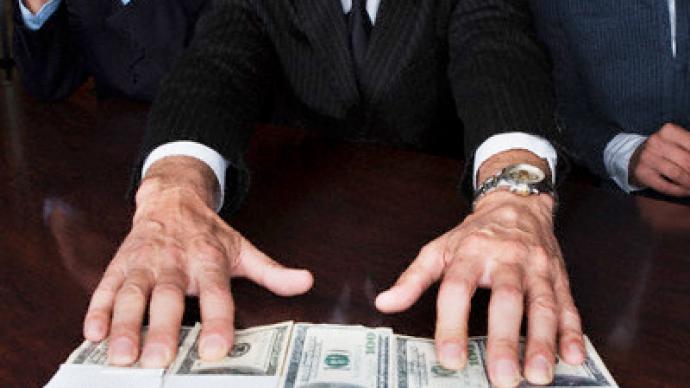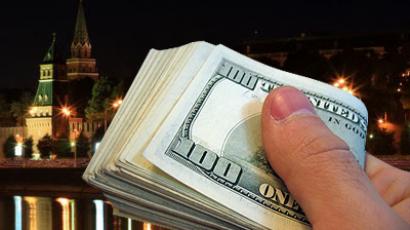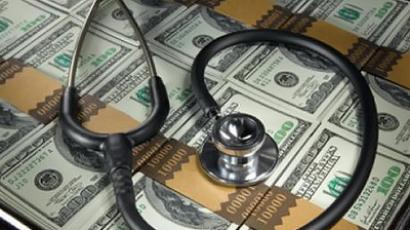Medvedev wants officials’ income declarations checked

Business community and public members should be more widely involved in anti-corruption activities, believes President Dmitry Medvedev.
He made the statement during a meeting of the Anti-Corruption Council. The first for this year, the meeting took place for the fourth time since its creation in 2008.At the beginning, Medvedev lashed out at the government for the delay in preparing a draft law on shadow companies. He demanded that First Deputy Prime Minister Igor Shuvalov present the document before February 1. Medvedev said the law should have provisions not only concerning the owners of shadow companies, but also those who give licenses for their work.The president also demanded that the Federal Tax Service and the Prosecutor General’s Office check officials’ income declarations and gave them three months to fulfill the task. Medvedev added that in the future, this should be done not only by state bodies, but also by members of the public.“NGOs and the Public Chamber should use their tools to control the income of state officials more widely,” Medvedev said, noting at the same time that “this should not turn into a witch hunt and a means of settling political scores.”The president instructed the governors to inform the public about the outcomes of anti-corruption meetings. Medvedev believes it is essential to “broaden the involvement of civil society institutions in all anti-corruption activities”. “Apart from obligatory reports by the presidential administration and the Prosecutor General’s Office, we need to listen to alternative opinions about the efficiency of anti-corruption work,” he said.As for the business community, Medvedev said, “let us be honest – corruption is a two-way street.” And those businessmen that obediently agree to give bribes only provide breeding ground for more corruption. “It’s one thing if they [businessmen] inform the appropriate bodies about the bribe. It’s another thing if they offer bribes. It’s obvious that much depends on their position,” he said.President Medvedev specifically noted corruption in law enforcement bodies. “One-third of these offenses are made by law enforcement officers,” he said, and that is a “sad and dangerous thing.”Overall, there has been little success in fighting corruption over the past two years, Medvedev acknowledged.Ahead of the meeting, Dmitry Medvedev spoke to the head of Russia’s Audit Chamber, Sergey Stepashin, who reported that in 2010 they revealed violations worth more than half a trillion rubles, as well as financial irregularities amounting at 580 billion rubles.According to the Interior Ministry, around 350,000 corruption crimes were exposed and more than 11,000 criminal cases were launched in 2010. Fighting corruption has been one of Medvedev’s main priorities from the very beginning of his term. Almost three years after assuming the top job, he now says that the legal framework in the field, virtually inexistent before, has been established.The year 2008 saw the adoption of the federal law On Fighting Corruption. In April last year, President Medvedev signed a decree concerning the national anti-corruption strategy and national anti-corruption plan for 2010-2011. Russia also joined the UN Convention against Corruption and the Council of Europe Criminal Law Convention on Corruption.The Anti-Corruption Council aims to develop a common policy in fighting corruption. The body, chaired by the president, is made up of 24 people, including heads of the Constitutional and Supreme Arbitration Courts, the Prosecutor General, the Justice and Interior Ministers, heads of the Investigative Committee and the Federal Security Service, as well as the chief of the presidential administration. In April last year they were joined by members of the Public Chamber.














